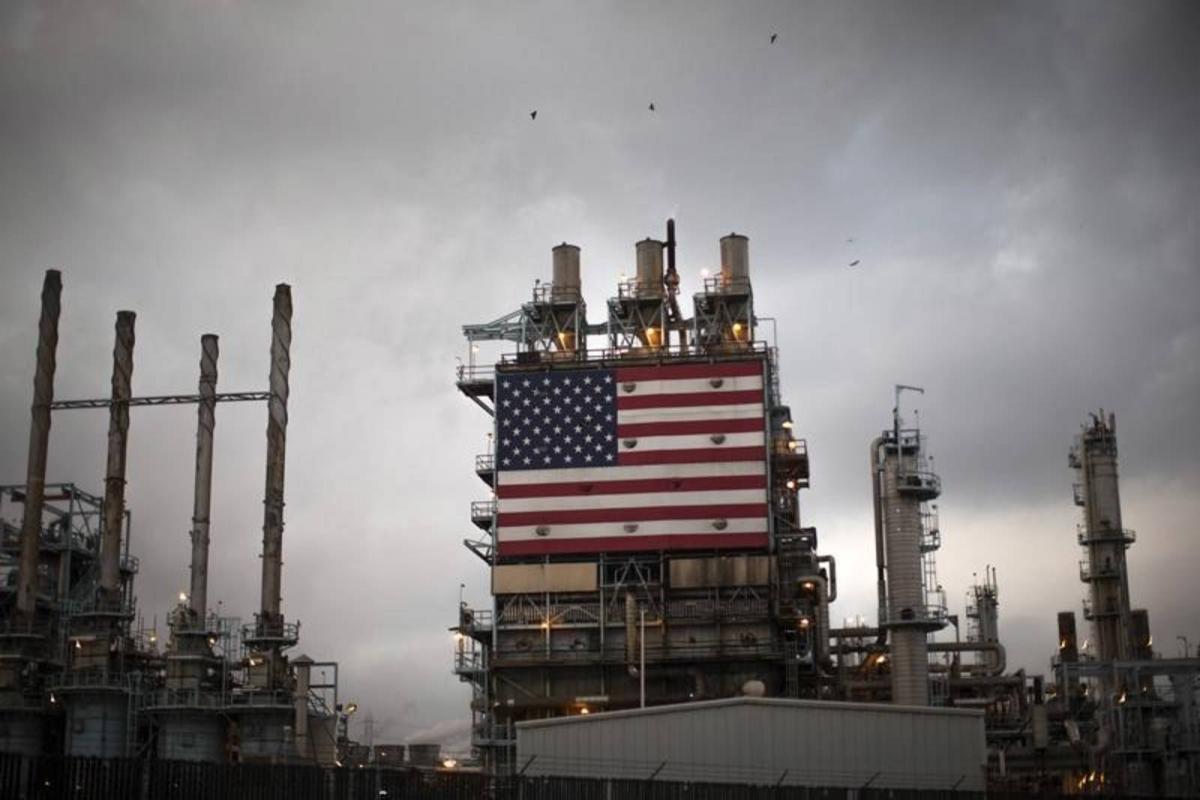
Oil prices slipped for a third consecutive session on Wednesday as tensions escalated between the United States and China prior to this week's trade talks, raising uncertainties for global economic growth and oil demand.
U.S. industry data showing a bigger-than-expected rise in stockpiles at the world's top oil producer also depressed prices. Brent crude futures LCOc1 fell 24 cents, or 0.4%, to $58.00 a barrel by 0442 GMT, while U.S. West Texas Intermediate crude CLc1 was at $52.39, down 24 cents or 0.5%, Reuters said.
Read alsoReuters: Oil edges higher on supply worries; eyes on trade talks
Negotiators from the world's top two economies will meet in Washington on Thursday and Friday in the latest effort to hammer out a deal aimed at ending a long-running trade dispute that has slowed global economic growth.
But tensions between the pair rose this week after the United States imposed visa restrictions on Chinese officials for the detention or abuse of Muslim minorities, while a row escalated over comments by a leading U.S. National Basketball Association official in support of protests in Hong Kong.
The issues have set markets on a risk-aversion course, said Howie Lee, an economist with Singapore's OCBC bank, even though the global oil market remains in a supply deficit that should in theory support prices at above $60 a barrel.
The concerns have overshadowed the threat of OPEC-member Ecuador losing a third of its oil supply due to anti-government protests that have seriously affected oil output.
In the United States, meanwhile, crude stockpiles rose by 4.1 million barrels in the week ended October 4 to 422 million, data from industry group the American Petroleum Institute showed on Tuesday. Analysts had expected an increase of 1.4 million barrels, a Reuters poll showed.
The weekly U.S. Energy Information Administration (EIA) report is due at 10:30 a.m. EDT on Wednesday.
The EIA said on Tuesday U.S. crude production is expected to rise by 1.27 million barrels per day (bpd) in 2019 to a record 12.26 million bpd, slightly above its previous forecast for a rise of 1.25 million bpd.
Output in 2020 is forecast to rise by 910,000 bpd to 13.17 million bpd, it said, below its previous estimate of a rise of 990,000 bpd to 13.23 million bpd.

